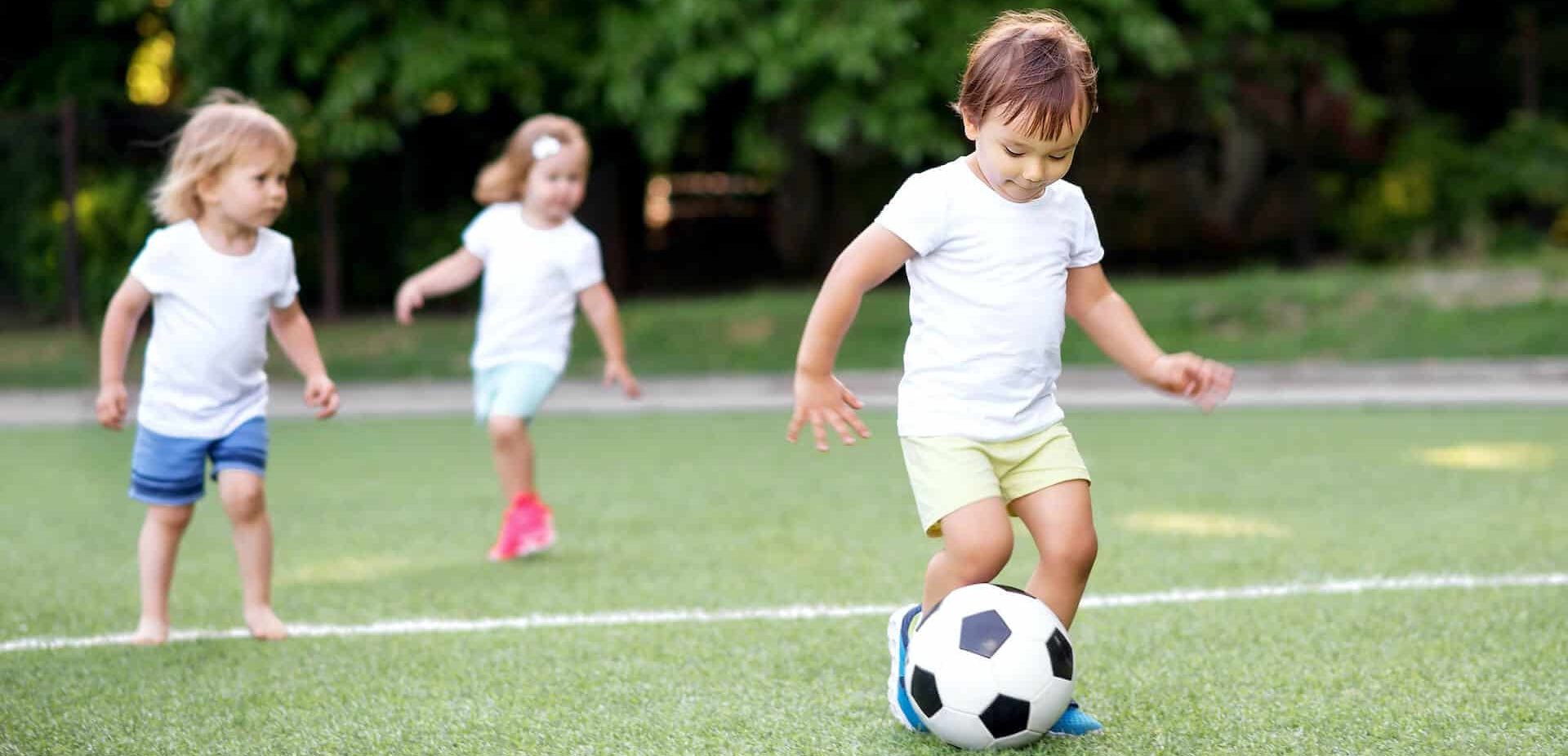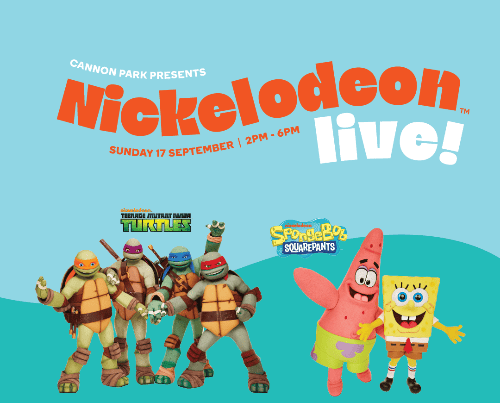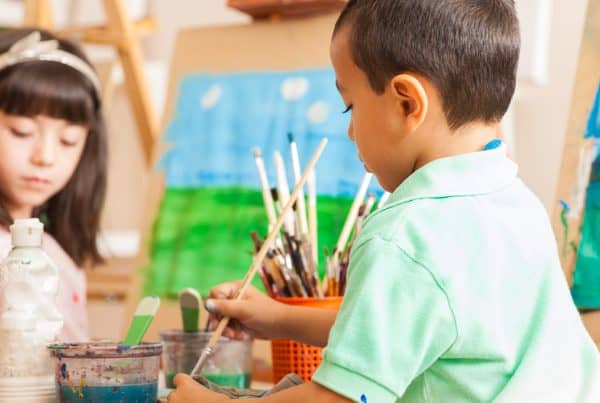Gross motor skills help us to perform everyday activities such as standing, walking, running and sitting at a table.
Gross motor skills also include ball skills (throwing, catching and kicking). Fine motor skills are the coordination of the small muscles in the body, such as the hands and fingers. Activities supporting fine motor skills include drawing, writing, playing with play dough, constructing puzzles and dressing up dolls. Gross motor play helps our little ones to develop strength and coordination, body awareness and motor planning (how to move effectively). Games are a practical way to help improve gross motor skills.
How can you help your child develop these skills?
• Trampoline play and hopscotch.
• Riding a bike or scooter.
• Throwing and catching; start with large balls or balloons and gradually get smaller.
• Balancing on one leg; standing with one foot, start with holding onto something and gradually make it harder. Try balancing on one leg whilst brushing teeth or learning sight words!
• Completing obstacle courses.
• Children’s playground where they are climbing, swinging and sliding.
• Swimming.
• General sports activities including soccer, tee ball, cricket, golf and basketball.
These are also great activities for wearing active little bodies out by the end of the day! Why not try these out at any of our local parks around Townsville. And remember, in play, follow your child’s lead.
With the development of fine motor skills, a child is able to complete everyday tasks such as buttoning clothes, eating with cutlery and tying shoelaces. Without fine motor skills, completing these tasks can become difficult and could impact a child’s overall development.
How can you help your child develop these skills?
• Work a zip on a pencil case or jacket
• Build a tower out of ten or more blocks
• Thread beads onto pipe cleaners or uncooked spaghetti
• Finger-painting
• Copy a simple drawing onto a blank page
• Cut out simple shapes with safety scissors
If your child is four or over and can’t draw basic shapes, doesn’t attempt to write their name or has trouble holding pencils, it’s recommended to consult your GP. Your child may be referred to an occupational therapist for further advice and treatment.
Play is, ‘to engage in activity for enjoyment and recreation rather than a serious or practical purpose’.
Children learn best through play, and the best kind of play is unstructured, outdoor play, where adults are in the background and kids make up the rules and learn for themselves. Playing in nature provides the sensory input to keep them feeling calm whilst inspiring their creativity, encouraging risk-taking and getting their bodies moving, all of which are essential to healthy development.
Two to three hours of active play (huffing and puffing) every day is important for healthy development, and the best toys are everyday objects that kids find around the house or yard as these inspire creativity and imagination.
Keep it simple, they may find it hard at first but learning to play independently is a skill that will set them up for life. Here are five simple toys to encourage creative and active play.






